Most of us beat ourselves up about a whole host of things.
From a brain perspective our negative self-talk stems from the reptilian or primitive brain’s obsession with looking for threats (lions, and tigers and bears - oh my!)
I’m sure you’ve heard others say it but this brain wiring was super functional for our ancestors when there were literally dangerous wild animals potentially lurking behind every tree. It was necessary for our survival.
And, to be sure, this “negativity bias” which causes us to constantly scan for threats can serve a purpose in our current world but in many ways this negativity bias is getting in our way. Herein lies the problem...
“The brain is like Velcro for negative experiences but Teflon for positive ones.” – Rich Hanson, PhD.
So whether it’s viewing your own behavior, the behavior of your family members and loved ones...or viewing children’s behavior, we tend to focus on the negative.
Hence, the term “negativity bias”.
But here’s the deal: it’s your brain and the brain’s wiring that’s negative, not you.
It’s not actually the case that you and everyone around you is stupid or bad (though I know sometimes it can feel like that! It happens to me too).
And, the good news is that we can choose to interrupt our brain’s habit of seeing things through a negative lens. We CAN re-train our brain to stop obsessively focusing on the negative.
How do we do that?
In my experience the best way to re-train our brains is NOT to switch to looking at the world through rose colored glasses and trying to see the positive.
Nope.
RATHER, I have found that the cure for our negativity bias is to get curious and ask questions.
When we see a child who doesn’t follow directions...
(won’t come to circle, won’t clean up, basically won’t do anything we tell or ask them and it can escalate to a full blown power struggle and even aggression - you know this kid!)
...instead of getting into negative self talk ("maybe I’m not cut out for this job after all!") and instead of focusing on the behavior as something wrong, bad, or negative (“there he goes again!”) we can get curious.
"Hmmm...what’s going on here that she doesn’t want to come to circle?
“I wonder what certain children have experienced that might lead to them limit testing and resisting adult directions at every turn?”
“How can I use what I know about this child’s interests and strengths to connect and build a positive relationship?”
Next time when your reptilian brain starts to send you negative thoughts about yourself or the children you teach...
...could you start to re-train your brain by asking some real honest to goodness questions?
Let me know your thoughts or add one new question you will ask in the comments below!
And if you need some strategies for working effectively with children who exhibit challenging behavior I suggest you check out our 2021 Transform Challenging Behavior Online Conference sessions/interviews.


